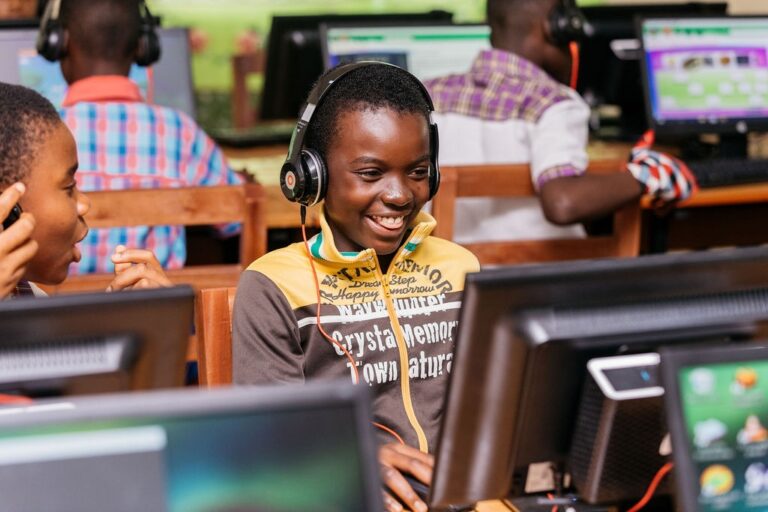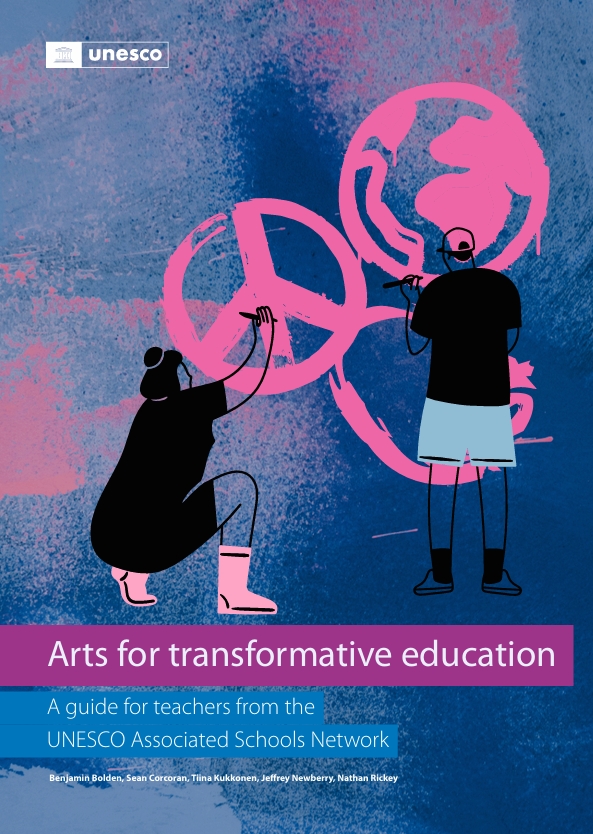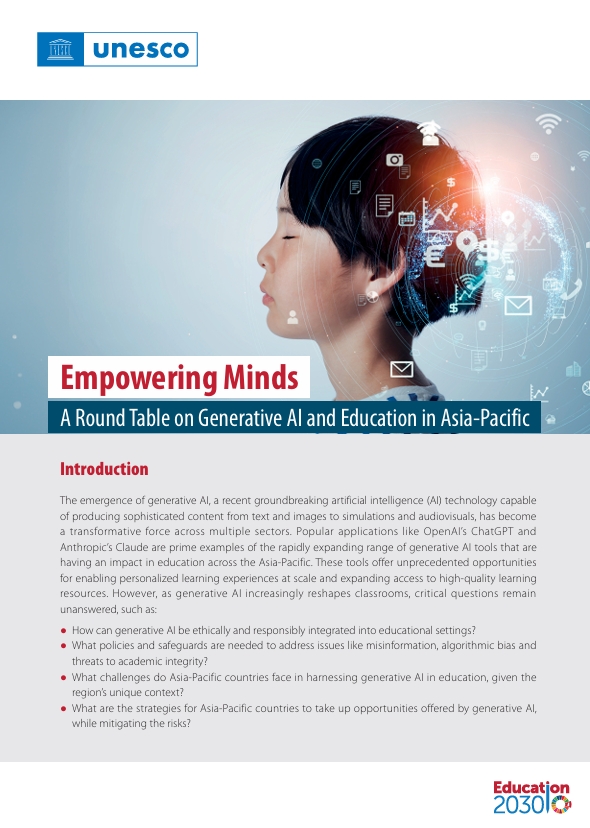When James Song began laying the foundation of ExsulCoin in 2016 he did so with the intention of changing the face of education as we know it.
With a focus on education, and specifically education for those less fortunate and less able to access it.
Now, as we head into the 2nd half of 2018 the progress being made at ExsulCoin is continuing apace.
Crypto Disrupt got the opportunity to chat with James about his aims for ExsulCoin, and his thoughts on the future of education.
CD: Can you tell us a bit about your previous work and how it led you to embark on your current project?
JS: I ran a private equity investment firm in Myanmar for five years and, over that time, the area with the biggest upside in the entire region was education. But not traditional education. We couldn’t build schools, for instance, and then staff them with teachers and expect students after, say 12 years, to be just as competitive as students from China or India, which share a border with Myanmar. We needed a way to leap ahead of those countries, and China especially, and I knew from my training as a neuroscientist that we could do that using predictive analytics and machine learning. So, in 2016, I started doing the research and laying the groundwork for what is now Exsulcoin.
CD: Can you explain a bit about Exsulcoin, and why you think it’s required?

JS: People complain about poor education all over the world. And our current systems are fundamentally broken because they were built on assumptions made hundreds of years ago. For instance, because no country can afford a 1:1 student-teacher ratio, we use assumptions to scale teacher effort. One of those assumptions is that we should put all the children of the same age into the same classroom. By doing that, we hold back gifted children. Think of it another way: if your child was a gifted soccer player, there are tons of programs and coaches you can hire to develop that talent. That’s not true with intellectual talent. However, with the advent of cheap computing power and mobile devices, we can now deliver customized education anytime, anywhere. AI-driven education is the way education is supposed to be; it’s the answer to every serious challenge any country in educating their population.
Another massive problem with education is entitlement and discrimination. For instance, you can take the best medical doctor in Bangladesh, someone with exceptional medical knowledge and skill, and compare them to the worst medical doctor in New York. And because the doctor comes from Bangladesh, most people–including other doctors–are going to dismiss him and assume the doctor from New York is better. That seems very wrong. I built Exsulcoin to solve this skill-equivalence problem. Essentially, if your skill is equal to another person’s skill, the platform considers you both of equal skill. This seems super obvious, but it’s not the way things work right now in real life.
Finally, we use cryptocurrency both as a means of issuing grades and as a means of purchasing premium training courses. What’s really important to most students in the world is that outside forces, like a family’s inability to pay bills, not compete with mental space needed for studying. The Exsulcoin platform pays students to learn, which overcomes this problem. Further, it gives students a means to pay for advanced education, so they’re not worried about how they’re going to pay for college, for instance.
Exsulcoin, simply, is the future of education.
CD: Many people hear the term “blockchain” and immediately think of Bitcoin, finance, and investing, yet projects such as this show how the technology can be used in the real world to help people. Can you explain how the blockchain technology helps in this instance?
JS: Grades are recorded on-chain. We designed the platform this way so that each part of a student’s record–from coursework to skills assessments to grades–could be audited for accuracy and quality. This overcomes the pervasive worry that a school from one jurisdiction could possibly be corrupt or perform more poorly relative to other schools: blockchain ensures YOU (the public) can check and see that everyone receives the same high-quality education.
CD: How can people get involved?
JS: We have finished our token sale for the public, but the XUL token should trade on crypto exchanges soon. More importantly, we are heads-down focused on making the best education content in the world, so we hope you use our platform for your future training needs.
CD: Can you tell us a bit about the Exsul education app?
JS: Our education content is open-source, meaning most of it is available on major content platforms like Youtube. We needed a way to identify, track, and authenticate the skill level of each user watching our content, as well as optimize future content to them, and we do all of that through the Exsul app. It is an incredibly advanced suite of technologies and features a number of innovations. For instance, we use the forward-facing camera of your smartphone to track your eyes so we can tell what you pay attention to, and what you do not.
CD: Do you have anything else to add that our readers may find interesting?
JS: Our development team is working at a breakneck pace to fully realize the power of blockchain. We have built a number of products in stealth, and we are going to release them after our patents are processed by the USPTO.
Exsul is going to be a household name in a few short years.
Lover of all things crypto, blockchain and AI, professional tech scribe & part of the editorial team at Crypto Disrupt.






